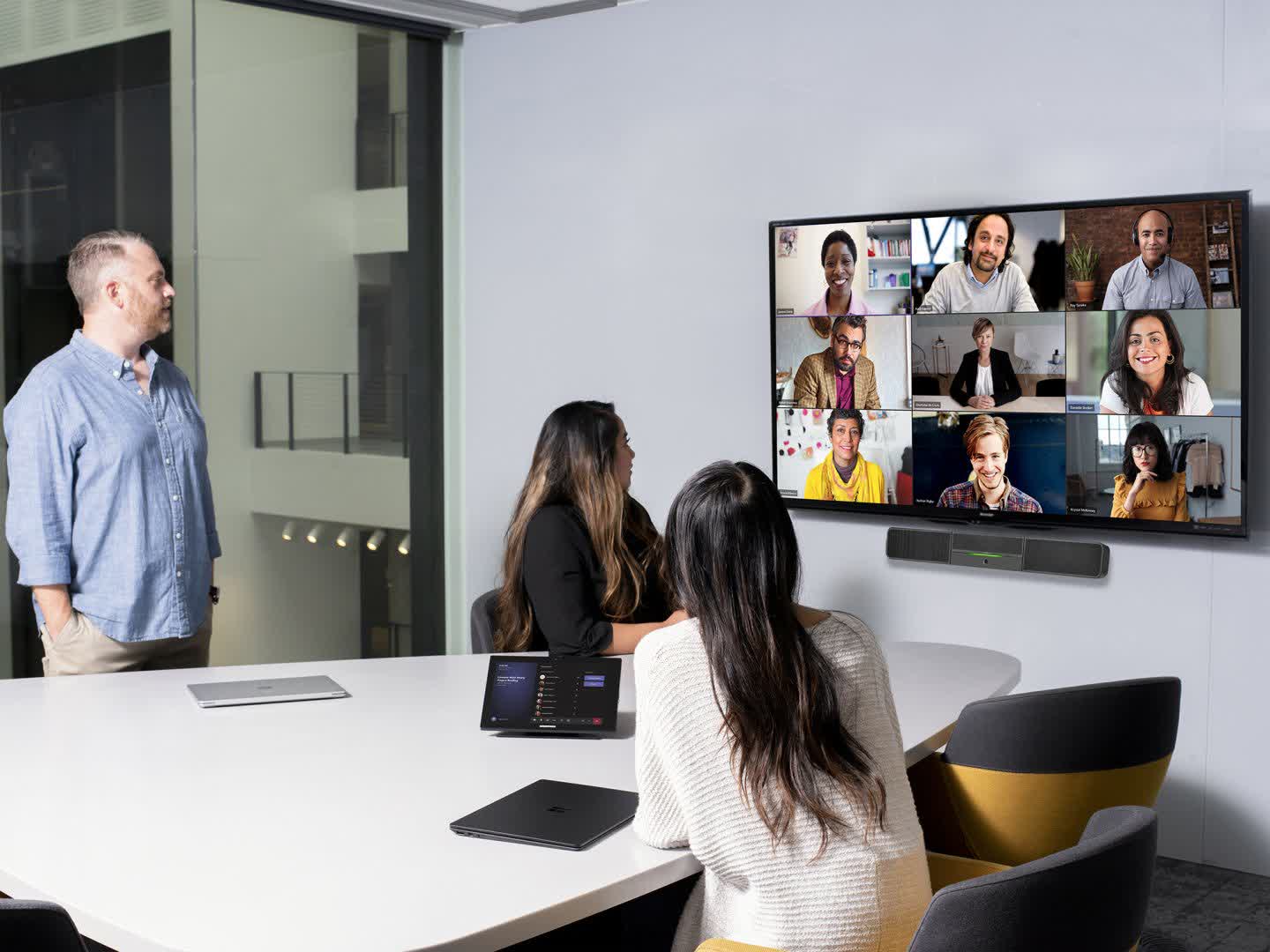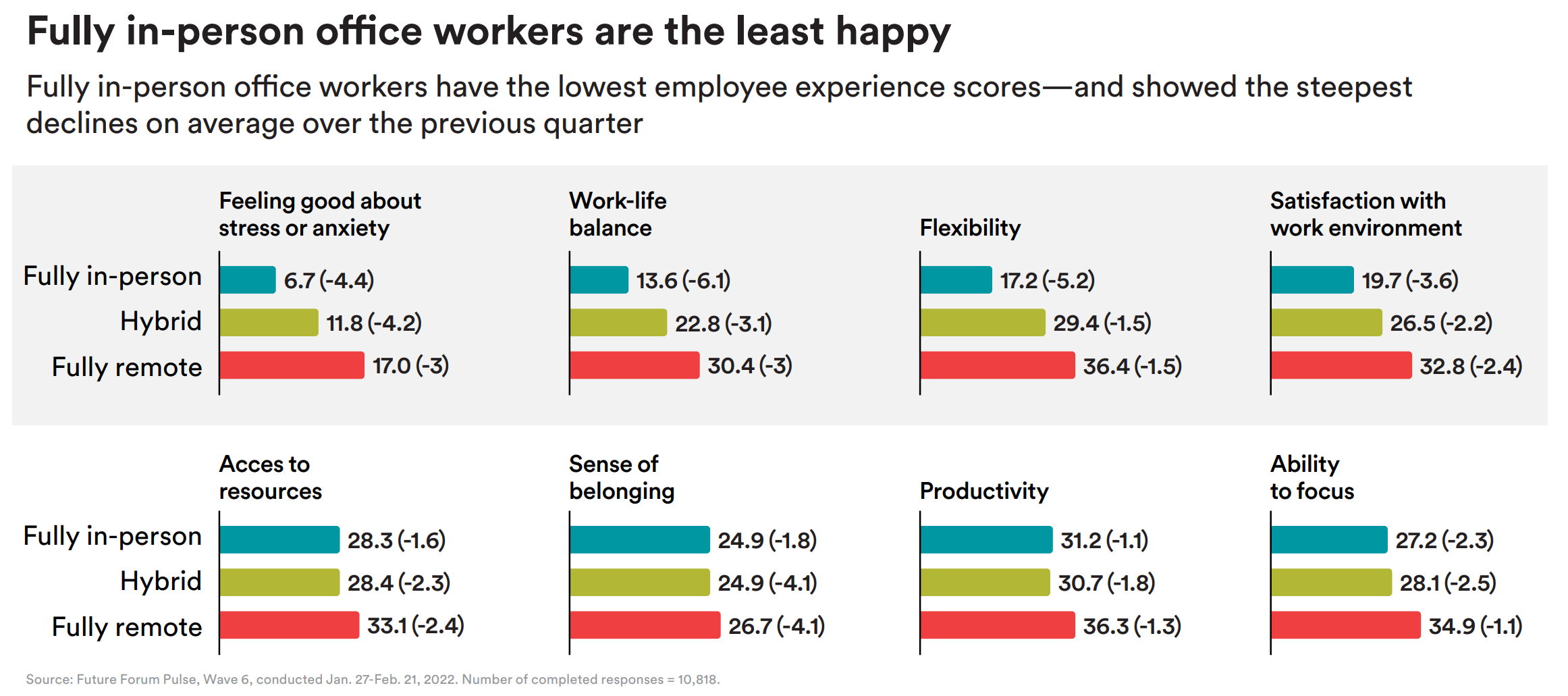In context: Does your boss think you spend all day 'working' from home in your dressing gown, taking regular breaks to stuff your face/get drunk/watch Pornhub? They aren't alone in believing that remote work makes employees less efficient. According to a new study from Microsoft, 85% of bosses are convinced that home comforts make staff less productive, and that's causing 'productivity theater.'
Many studies have been carried out on working from home and how it impacts productivity. Nearly all of them show that the increased happiness felt by employees translates into more efficient staff, but it seems managers don't agree.
A new study from Microsoft illustrates how the views of workers and their bosses differ significantly: 87% of staff say working from home increases productivity, but 85% of their supervisors disagree. Bosses believe the move to remote/hybrid work has made it challenging to have confidence that employees are being productive.

While working from home was once a privilege enjoyed by few, the pandemic saw most of the world wave goodbye to daily commutes. With the lockdowns gone, some companies are trying to bring their staff back to pre-2020 work arrangements. Several big firms, including Tesla and Apple, are facing massive pushback over their return-to-office mandates.
Microsoft CEO Satya Nadella told the BBC that higher-level staff need to overcome the fear that employees are unproductive at home. "We have to get past what we describe as 'productivity paranoia' because all of the data we have shows that 80% plus of the individual people feel they're very productive --- except their management thinks that they're not productive. That means there is a real disconnect in terms of the expectations and what they feel," Nadella told the BBC.
Future Forum Pulse survey
Part of the problem is that managers say they no longer have the visual clues that show who is working hard, relying instead on software-based metrics. In some cases, fear of being fired has led to 'productivity theatre,' in which, for example, workers randomly move their mouse pointers to show they're online, or they join worthless Zoom meetings. Ironically, it's estimated that people waste almost an hour per day on this digital presenteeism, meaning employees are being less productive by trying to appear more productive.
As part of the study, Microsoft surveyed 20,000 staff from 11 countries and analyzed trillions of Microsoft 365 productivity signals, along with LinkedIn labor trends and Glint People Science findings.
It's not just bosses who think staff perform better in the office; a survey in May showed many people believe their colleagues are not being productive at home.
A lot of employees say they would rather quit their job than go back into the office and are willing to take pay cuts and lose benefits if it means staying at home.
One of the few studies to claim remote work threatened productivity and innovation came last year. Somewhat surprisingly, Microsoft was the company behind the findings.

